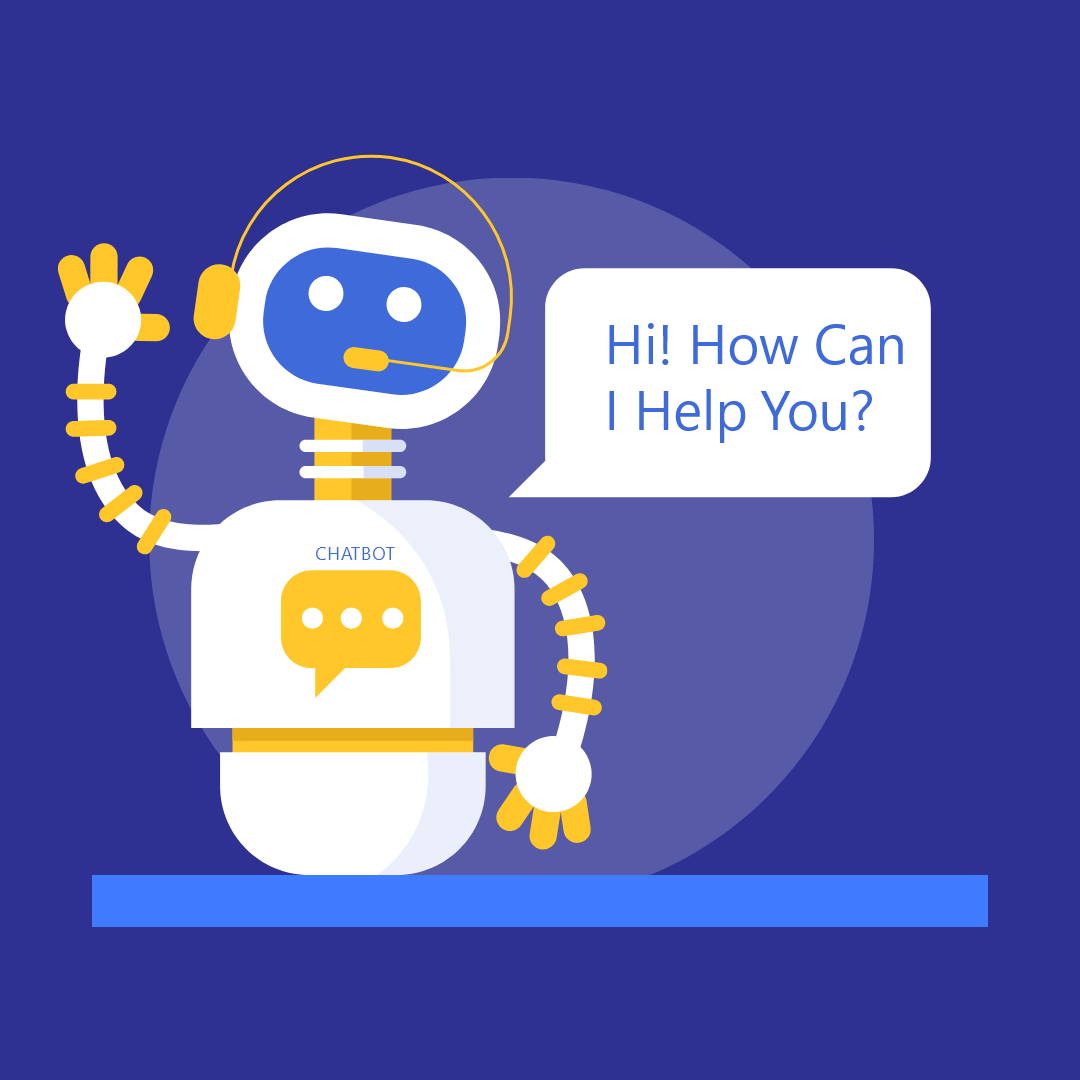
In recent years, the healthcare industry has been exploring innovative ways to enhance patient care, streamline processes, and improve communication. One such innovation is the integration of artificial intelligence (AI), specifically ChatGPT, in healthcare content creation. While AI technologies like ChatGPT offer promising benefits, they also come with potential risks that must be carefully considered and managed.
Here, we are explaining some of the potential risks associated with using ChatGPT AI in healthcare content creation.
Risks Associated With Using ChatGPT AI in Healthcare Content Creation
Inaccurate Information and Medical Advice
One of the foremost concerns with utilizing AI like ChatGPT in healthcare is the potential for generating inaccurate or unreliable information. Healthcare content requires a high degree of accuracy, as it directly influences medical decisions and patient outcomes. ChatGPT generates responses based on patterns it has learned from its training data, which might not always reflect the most up-to-date medical knowledge or best practices. Relying on inaccurate information could lead to misdiagnosis, inappropriate treatment recommendations, and compromised patient safety.
Ethical and Legal Concerns
The use of AI in healthcare content creation raises ethical and legal dilemmas. If an AI system provides incorrect medical advice or misdiagnoses a condition, who bears the responsibility? Healthcare professionals, patients, and regulatory bodies might question the accountability and liability for the AI-generated content. Additionally, patient privacy and data security must be carefully managed to ensure compliance with laws such as the Health Insurance Portability and Accountability Act (HIPAA).
Lack of Contextual Understanding
ChatGPT and similar AI models might struggle with understanding the nuanced context of medical queries. Healthcare content often involves intricate patient histories, unique symptoms, and personalized treatment plans. AI may misinterpret or fail to grasp the subtleties of these contexts, leading to inappropriate or ineffective recommendations. This lack of contextual understanding could potentially compromise patient care and safety.
Over Reliance on AI
While AI can be a valuable tool, overreliance on it might lead to a decline in critical thinking and decision-making skills among healthcare professionals. If healthcare providers solely depend on AI-generated content, they might become less capable of independently evaluating and interpreting medical information. This could have a negative impact on the quality of patient care and hinder the development of clinical expertise.
Bias in AI-generated Content
AI models like ChatGPT can inadvertently perpetuate biases present in their training data. If the training data contains biased information or reflects existing healthcare disparities, the AI-generated content might also exhibit bias. This could lead to unequal treatment recommendations, misdiagnoses, and reinforce existing healthcare inequalities.
Communication Breakdown
Effective communication between healthcare professionals and patients is crucial for accurate diagnosis and treatment. The use of AI-generated content might introduce a barrier to this communication. Patients may feel uncomfortable or frustrated interacting with a machine, especially when dealing with sensitive health issues. Furthermore, AI-generated content might lack the empathy and understanding that human communication offers, potentially impacting patient satisfaction and trust.
Resistance from Healthcare Professionals
Integrating AI into healthcare workflows requires acceptance and collaboration from healthcare professionals. Some medical practitioners might be resistant to adopting AI tools, viewing them as a threat to their expertise or job security. This resistance could hinder the successful implementation of AI-based content creation solutions.
Rapid Technological Changes
The field of AI is evolving rapidly, with new models and advancements emerging frequently. While this is exciting, it also poses a challenge for healthcare organizations. Implementing an AI solution like ChatGPT requires resources for continuous updates and adjustments to keep up with the latest advancements and ensure the accuracy and reliability of the generated content.
Patient Understanding and Trust
Patients might have concerns about interacting with AI for their healthcare needs. They might worry about the accuracy of the information provided, data security, and the impersonal nature of AI-generated interactions. Building and maintaining patient trust while utilizing AI in healthcare content creation is a significant challenge that healthcare providers need to address.
Final Words
While the integration of AI, such as ChatGPT, in healthcare content creation holds immense promise, it also comes with a series of potential risks that cannot be overlooked. Inaccurate information, ethical dilemmas, contextual limitations, bias, and communication breakdowns are just a few of the challenges that must be carefully considered and managed. To leverage the benefits of AI while mitigating these risks, a collaborative approach that involves healthcare professionals, AI developers, and regulatory bodies is essential. As technology continues to advance, a cautious and well-informed approach to integrating AI into healthcare content creation will be key to delivering safe, effective, and patient-centered care.
